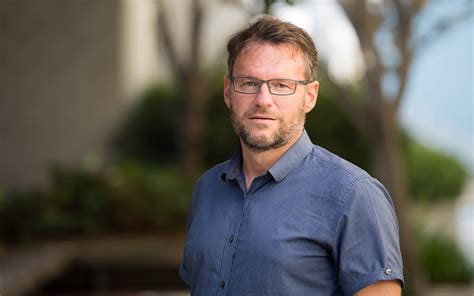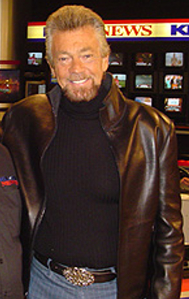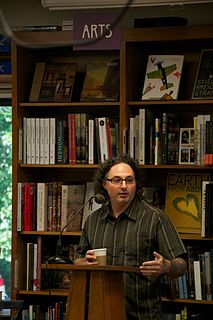A Quote by Philip Glass
But the difference between the little pieces and the big pieces - I'm not actually sure which are the little pieces. With some of the big pieces, it's a lot of musical running around, whereas the little pieces, you can say everything you want to say.
Related Quotes
Love is like a teacup that every day falls to the ground and breaks to pieces. In the morning the pieces are gathered and with a little moisture and a little warmth, the pieces are glued together, and again there is a little teacup. He who is in love spends life fearing that the terrible day will come when the teacup is so broken that it can no longer mended.
I don't know that I make a big distinction between the big pieces and the little pieces, because I don't experience them in that way. I mean, by the same token, you're out touring with a band and then you're writing string quartets, and in a funny way, isn't it all the same, in a way? It's all just music.
It doesn't matter how many televisions and computers and pieces of stereo equipment the Chinese send to us, even if they're sending them to us only in return for some funny, little, green pieces of paper. That is a balanced trade. They got what they wanted: the green pieces of paper. We got what we wanted: the plush toys, the computers, the stereo components.
In period pieces or genre pieces, those have to be set in historical truths. But, science fiction has different game pieces. And with those game pieces come other stories we're not familiar with. So, science fiction teaches us how to relate to outsiders, to foreigners, and to not approach any of that with fear, but a genuine curiosity.







































